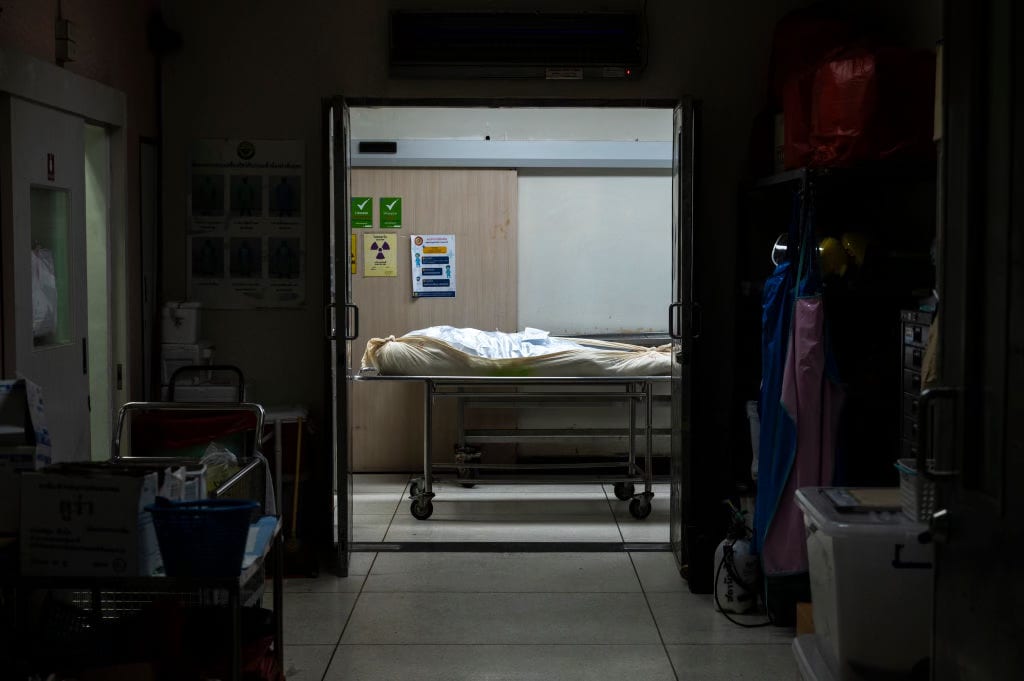Uterus transplant patients gave birth at high rates to healthy babies, research shows
Uterus transplants allow patients with a dysfunctional or absent uterus to carry their own biological child — and new research shows just how successful these procedures can be.
In a study, published Thursday in JAMA, researchers found 14 of the 20 participants had a successful transplant with all 14 recipients giving birth to at least one live-born infant. The organs came from 18 living donors and two deceased donors.
Some adverse events were common, the authors noted. Eleven of the 20 recipients had at least one complication, and maternal or obstetrical complications (such as gestational hypertension or preterm labor) occurred in 50% of the successful pregnancies. Medical and surgical risks also affected some donors as well.
But, among the 16 live-born infants, there were no congenital malformations.
"Congenital abnormalities and developmental delays have not occurred to date in the live-born children," the authors wrote.
About 1 in 500 women are impacted by absolute uterine infertility, having no uterus or a non-functioning one.
"The development of uterus transplant offers an option for women with absolute uterine infertility to experience pregnancy and childbirth," the authors wrote.
And these births aren't the only ones.
More than 100 uterus transplant procedures have been performed worldwide since the first successful transplant in 2011.
"Although no registry exists that precisely reports the number of live births resulting from these procedures, it is estimated that there are more than 70 live births worldwide," the authors wrote. "As of May 1, 2024, there have been 48 uterus transplants and 33 live births in the US."
After the first transplant birth in the United States occurred in 2017, a doctor at the hospital the delivery took place foreshadowed these procedures "blossoming into a great field."
"This is going to affect many women in the United States," Dr. Giuliano Testa, surgical chief of abdominal transplantation at Baylor University Medical Center, said at the time. "We see this is as another possible solution to absolution uterine infertility."



